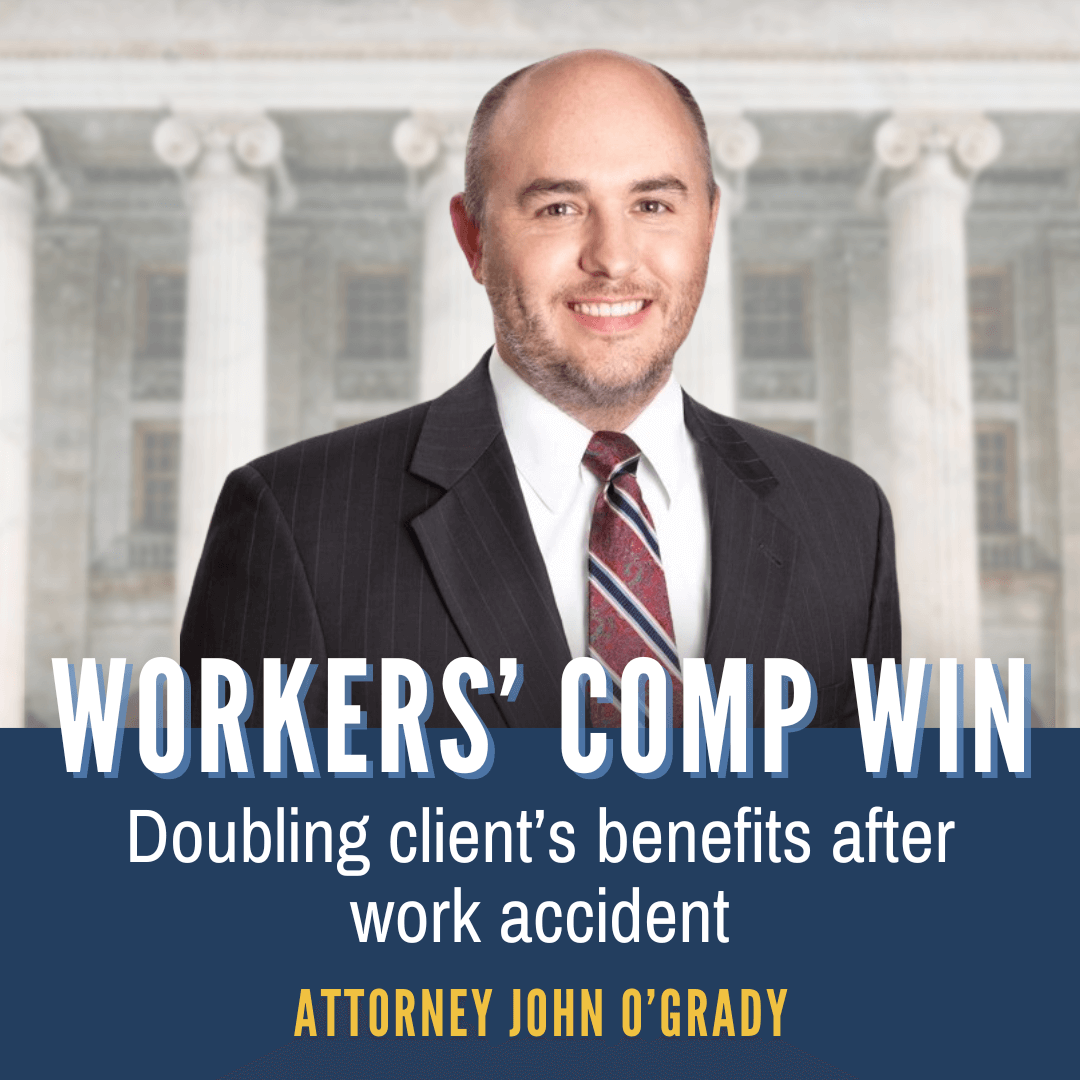We’ve all seen the headlines. A stock that was supposed to be the Next Big Thing turns out to be a loss leader. A brokerage house that was supposed to be Too Big to Fail shuts its doors. Investors complain that they were misled, and the whole venture ends in a crash of investigations and plea deals. It’s enough to make even modest investors worry about whether their money is safe.
Here are some factors you should consider before sinking your savings into the Next Big Thing.
What is securities fraud?
Securities fraud takes many shapes, but it’s essentially a form of white-collar crime that involves misrepresenting the nature of an investment in order to swindle the investor.
Types of securities fraud and possible penalties
At its most basic, securities fraud often involves high-pressure sales tactics and promises of unusually high returns on investment — for example, a “boiler room” team of telemarketers trying to lure unwary prospects into purchasing some “surefire” stock or a share in a gas well that may not exist.
But it can also be a more sophisticated scam, such as a Ponzi scheme, insider trading, “pump and dump” operations, accounting fraud, or other ways of manipulating the price of a stock for the benefit of a select few and at the expense of other investors.
One of the most important protections that investors have against securities fraud is Securities and Exchange Commission Rule 10b-5, which prohibits making deceptive statements in connection with the sale of any security. That includes not only false statements but omitting key facts about an investment.
Penalties for securities fraud can range from criminal prosecution (up to 20 years for certain felony convictions) to steep fines to the pursuit of civil damages by investors who suffered losses as a result of the fraud.
What is the SIPC?
The Securities Investor Protection Corporation is a nonprofit entity created by the Securities Investor Protection Act of 1970. Most broker-dealers in the U.S. are required to be SIPC members and adhere to its standards. The SIPC steps in to help restore assets to investors when a brokerage firm fails due to bankruptcy or other financial problems.
The SIPC has been an important safeguard for investors for half a century, but its aid is limited.
The maximum level of recovery for individual investors is $500,000, including a $250,000 limit for cash. It doesn’t protect you from any decline in value of your stocks or if you were sold worthless stocks. It’s not a regulatory agency engaged in fraud investigations like the U.S. Securities and Exchange Commission; it simply helps to restore funds or holdings of investors that may have gone missing at the time the brokerage closed its doors.
How can investors protect themselves?
In a column, SIPC president Stephen Harbeck offers several tips for investors to help protect their finances.
He suggests checking out any prospective broker or brokerage firm before you invest; you can access their regulatory compliance history by using the “broker check” feature on the website of the Financial Industry Regulatory Authority.
He also recommends reviewing your statements regularly in order to catch any suspicious transactions; making sure you understand the investments you’re making and the level of risk involved; and ascertaining that your broker works for an SIPC member firm.
The Securities Fraud Lawyers at FDAzar
Franklin D. Azar & Associates is one of the largest plaintiff law firms in Colorado, known for championing the rights of individuals who have suffered damages at the hands of large corporations. Over the past 30 years, our attorneys have secured more than $1.5 billion in compensation for our clients.
Our class action department is staffed with experienced and knowledgeable attorneys who are passionate about litigating large, complex cases on behalf of consumers, employees, and investors. We are currently investigating cases involving abusive wage practices, employees whose 401(k) plans have been subject to excessive fees and mismanagement, improper fees charged by investment companies and banks, data security issues affecting Facebook users, and more.
If you have suffered damages as a result of unfair business practices, data breaches, or corporate misconduct, the class action lawyers at FDAzar may be able to help. Call us at 855.637.1268 or contact us here for a free, no-obligation consultation.




